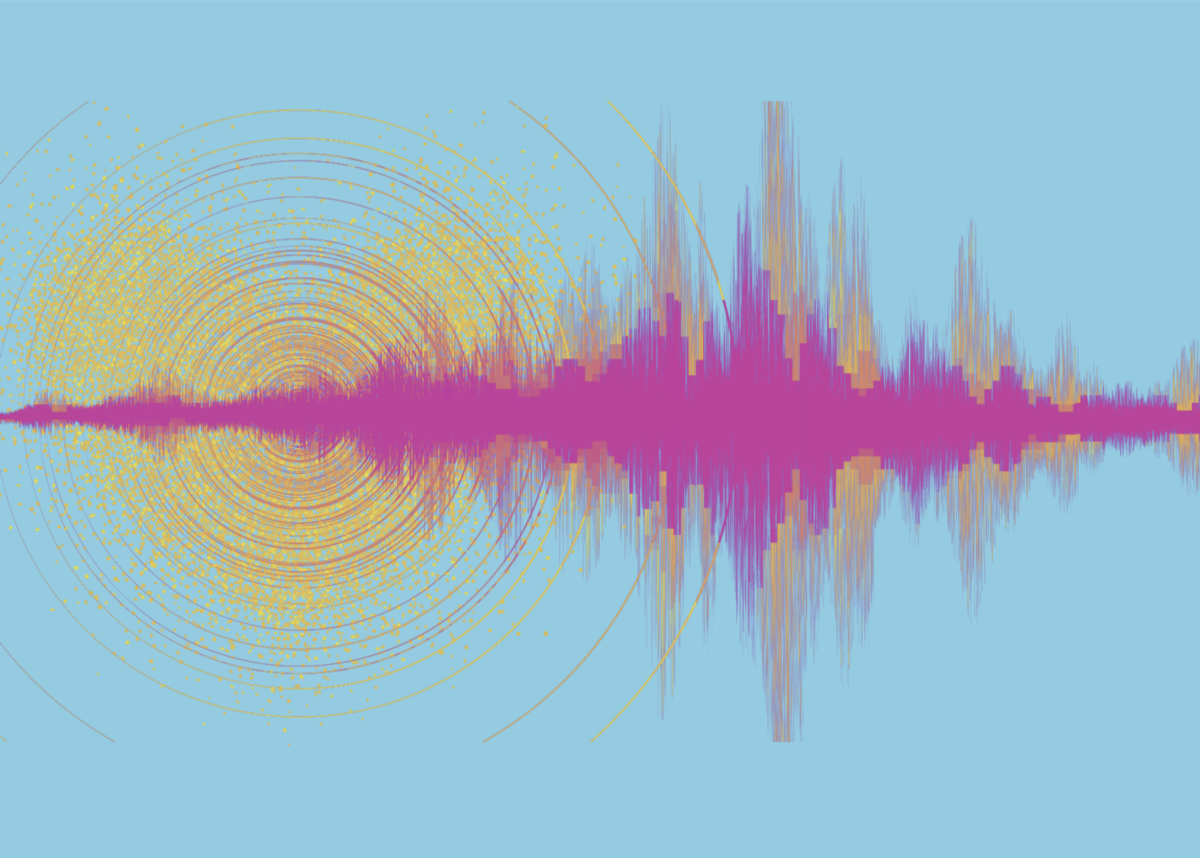Music is a universal language and connects so many of us. No matter what artists, genres and subgenres one listens to there will always be someone else who listens to it too, even if they’re on the other side of the planet.
However, just as much as our love of music connects us, so does the hatred of various genres, artists, songs and even music technology and streaming platforms.
As with any creative medium, music is open to interpretation and criticism, but sometimes that criticism extends beyond the topic to the ones who engage with it.
Over the years we’ve constructed stereotypes associated with a person’s music preferences.
For example, maybe when you think of a country music lover you think of a cowboy boot-wearing conservative with a “Make America Great Again” sticker on the back of his truck who’s never worked a day in his life.
Or maybe when you think of metal lovers you picture Satanists with long hair and make-up like Kiss’ lead singer.
These stereotypes are reductive and a generalization that I’ve found untrue. Personally, as a metal fan, I can assure you that I do not praise Satan or wear make-up like Paul Stanley … most of the time.
While, to my knowledge, I have not been called a Satanist, I have also been called “emo,” “weird” and “dark” simply because My Chemical Romance and Falling In Reverse are a couple of my favorite bands.
Due to music’s deep connection to self-expression it hurts when someone labels or judges you for your tastes.
Music also exists in a manner of importance outside of self-expression due to its inherent connection with memory.
I’m not a big fan of musicals, but the other day I was listening to “When You’re An Addams” from The Addams Family musical and it made me happy because it reminded me of when I performed in the pit orchestra for my high school’s rendition of it.
Emotional music we’ve heard throughout our lives, particularly ones associated with positive memories, have shown to help with the development of our autobiographical memory and self-concepts.
Music helps us in regard to memory, emotion, attention and imagery through sparking feelings such as euphoria, nostalgia and comfort.
It also helps that when we listen to music we enjoy, our brains release heightened levels of dopamine, up to 9%.
There are also studies that show how music is correlated with our individual personality traits, such as those exhibited by the dimensional Big Five Personality Traits Model which places people on five personality spectrums — openness to experience, conscientiousness, extraversion, agreeableness and neuroticism.
Dr. David Greenberg, with others, was able to create a quiz that found correlations between these traits and types of music. He uses the MUSIC preference model to categorize the diverse genres that exist into the following groupings: mellow, unpretentious, sophisticated, intense and contemporary.
After ranking 10 sets of two-adjectives and 25, 15-second music clips and various statements — such as “If I could live my life over, I would change almost nothing,” — on a spectrum from strongly disagree-dislike and strongly agree-like, you get your results.
A couple specific correlations found by the quiz-study are regarding “empathizers” and “systemizers:”
- “Empathizers:” those who have a well-developed ability to understand thoughts and feelings in themselves tend to prefer mellow music that evokes deep emotion
- “Systemizers:” those who can more easily identify the world’s underlying patterns and systems prefer intense music that forms complex sounds
He also found that those who like both mellow and intense music are considered “balanced.” My results seemed to categorize me as a “systemizer.”
Thankfully Greenberg stated “systemizers” do not lack empathy but also have greater systemizing abilities.
Whether physically or psychologically, music is deep-rooted in our self-definitions and personalities, so keep that in mind when meeting others who like genres different from yours.
I sometimes still struggle with this concept, but it’s something we can work on together. Around 7.11 billion people in the world listen to music, maybe we can learn something from each other.
Ariana Powell can be reached at orionmanagingeditor@gmail.com or alpowell1@csuchico.edu.







